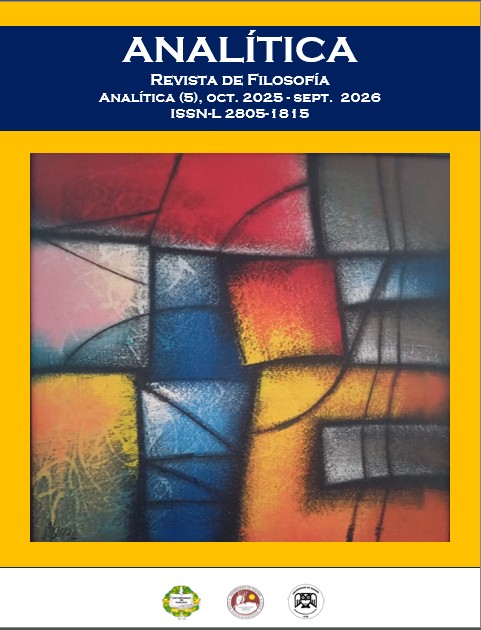

Direitos de Autor (c) 2025 Analítica

Este trabalho encontra-se publicado com a Licença Internacional Creative Commons Atribuição-NãoComercial-CompartilhaIgual 4.0.
This paper examines the role of opacity in the thought of Bernard Williams and Enrique Dussel, and develops a philosophical method oriented toward non-totalization. In Williams’s ethics, opacity marks the internal limits of moral justification: the individual cannot and should not make all aspects of their ethical life transparent to others or to themselves. Integrity, for Williams, resides not in public coherence but in the lived coherence of one’s commitments, which remain partially inarticulable. In contrast, Dussel identifies opacity at the structural level—as the condition of exteriority that totalizing systems must exclude in order to sustain their coherence. Through his concept of analectics, Dussel maintains that this exclusion is not accidental but constitutive: the Other is not simply marginalized but rendered epistemically invisible. By placing these two accounts into dialogue, the paper argues that opacity should be treated not as a failure of knowledge or clarity, but as a methodological principle. This principle finds further support in recursive systems, where self-reference generates non-coincidence from within. The resulting framework affirms opacity as a condition of ethical, structural, and conceptual integrity. Rather than seeking philosophical totality, the method outlined here sustains the limits of systems as an active site of reflection. Opacity, in this sense, becomes not what philosophy must overcome, but with what it must think.